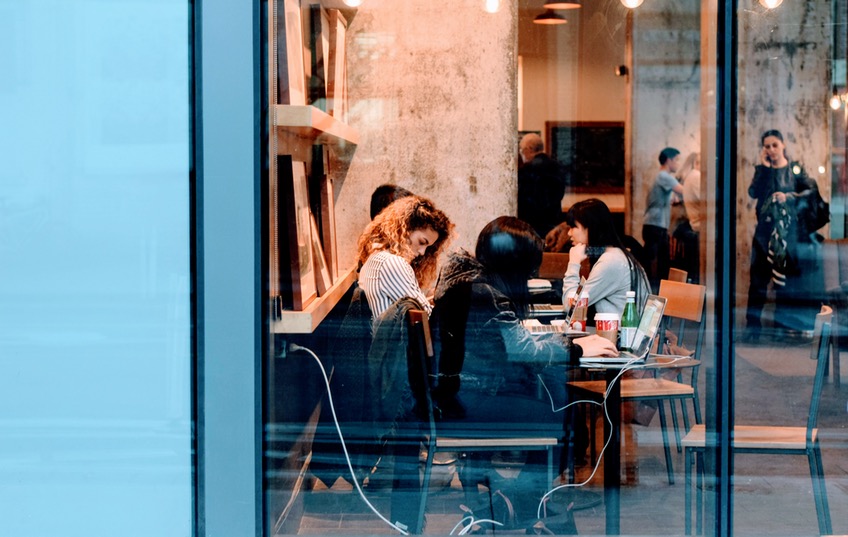Learning French takes time, dedication persistence. The Museum of Knowledge enables students to learn French through various techniques including that of immersion. There are two options for language learning on the Museum of Knowledge platform. Firstly the students need to determine their level; intermediate or advanced.
The advanced language-learning programme for French is tailored towards business professionals and specific to certain industries. These industries include, Technology, Retail, Sales and Marketing, Hospitality Travel and Leisure and Fashion. French language learners will be able to take advantage of the various vocabulary and terminology used for these industries and also perfect their skills to an advanced level.
Intermediate language learners of French can make real progress with the varied Museum of Knowledge modules available, advancing from the beginner’s level to intermediate level. French language learners will be able to grasp vocabulary and that will improve their social skills and increase their confidence. Intermediate topics include travel, personal introductions and shopping.
Once Museum of Knowledge students have selected the correct level, intermediate or advanced, they will be able to perfect their key skills of reading, writing, listening and speaking. Combined with the rich vocabulary and sentence constructions they will have access to throughout the module, French language learners following the Museum of Knowledge programme will be able to learn French to a high standard and increase their overall fluency.




